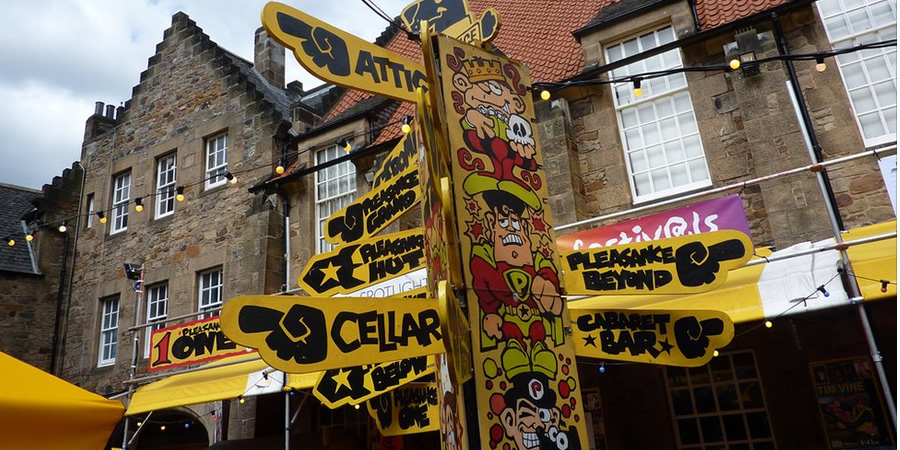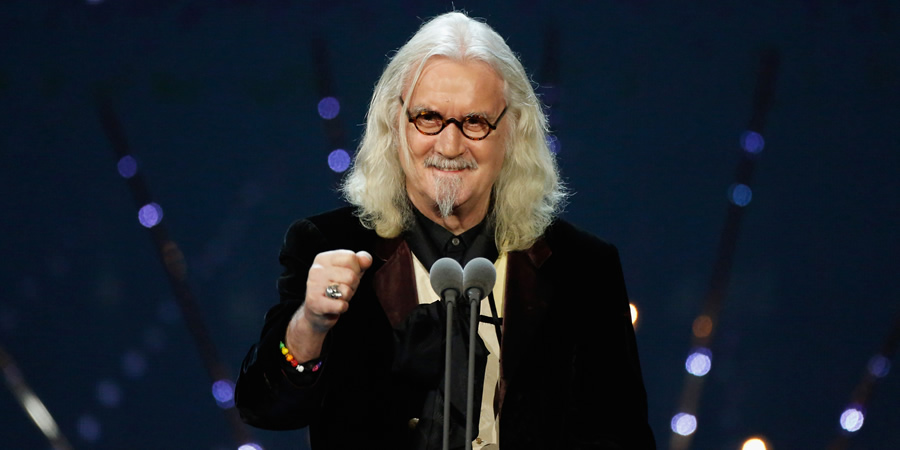Rooms with a view

It's hard to predict which comedy venues will work.
As many well-established stand-ups have explained on this site over the years, you can never really tell which joke is going to fly and which joke is going to fail, however many years you've been in the comedy business. Presumably the same must apply to the rooms that those gags are told in, too. Live comedy seems simple enough - comedian, microphone, audience (actually, as one young comic told us recently, a lot of your early gigs probably won't even involve a mic) - but nailing the perfect room sometimes involves a certain amount of magic.
Of course, the standard of performer is the most important thing, but the actual setting can make a huge difference. As comedy fans, we've all sat in gloomy places and felt our pre-show bonhomie fade before the show has even begun, so the acts are already struggling. Sometimes that ennui begins in a boring pre-show bar area, which is offputting, and tricky to sort. You could gamble on putting in a sitcom-related quiz machine and cool pinball table to attract punters too, but nowadays people can play funny themed slotmachines at home. Those home comforts are hard to beat.
Where the stakes are higher for the actual comics when it comes to venues is at festivals, particularly the Edinburgh Fringe, where you're stuck in the same place for almost a month. That must be an awful feeling, realising early on in August that your venue is going to be a struggle. And it isn't always obvious, at first. You might think that the big-company-but-little-portacabin deal would be a pain, but performers often seem to really like those cupboard-like sweatboxes, even if they're hardly a salubrious setting for act and audience alike.

Alternately, the free fringes have opened up all sorts of interesting pub snugs and club backrooms for comedy, sometimes with proper stand-up history attached too: one old Edinburgh pub venue has a big cut-out of Billy Connolly in its upstairs event space, due to the Big Yin apparently playing there early on. What's actually more important than all of that, though, is location.
Those portacabins in the Fringe's famous courtyard, for example, may not be the Royal Albert Hall, but they are right in the thick of the action: you can flyer other people's queues right up until your own show starts, hoover up random punters who've got a window between other shows, or couldn't get into something popular (which can be an absolute godsend if your numbers are less than bumper every night). You might even bump into useful people at the bar afterwards.
Meanwhile those evocative free-to-play pub backrooms may look great when you first get there, like proper comedy rooms should, but they only need to be a little off the beaten track and you might be struggling for audiences every day. It doesn't matter how nice a room is, you'll start to hate those beautiful fixtures and fittings if you're having to stare at them every day because there aren't enough people sitting in the way.
That's the thing with comedy venues: you may think you've ticked all the right boxes, or got saddled with a stinker, but you never really know until that first show. It might be alright on the night.
